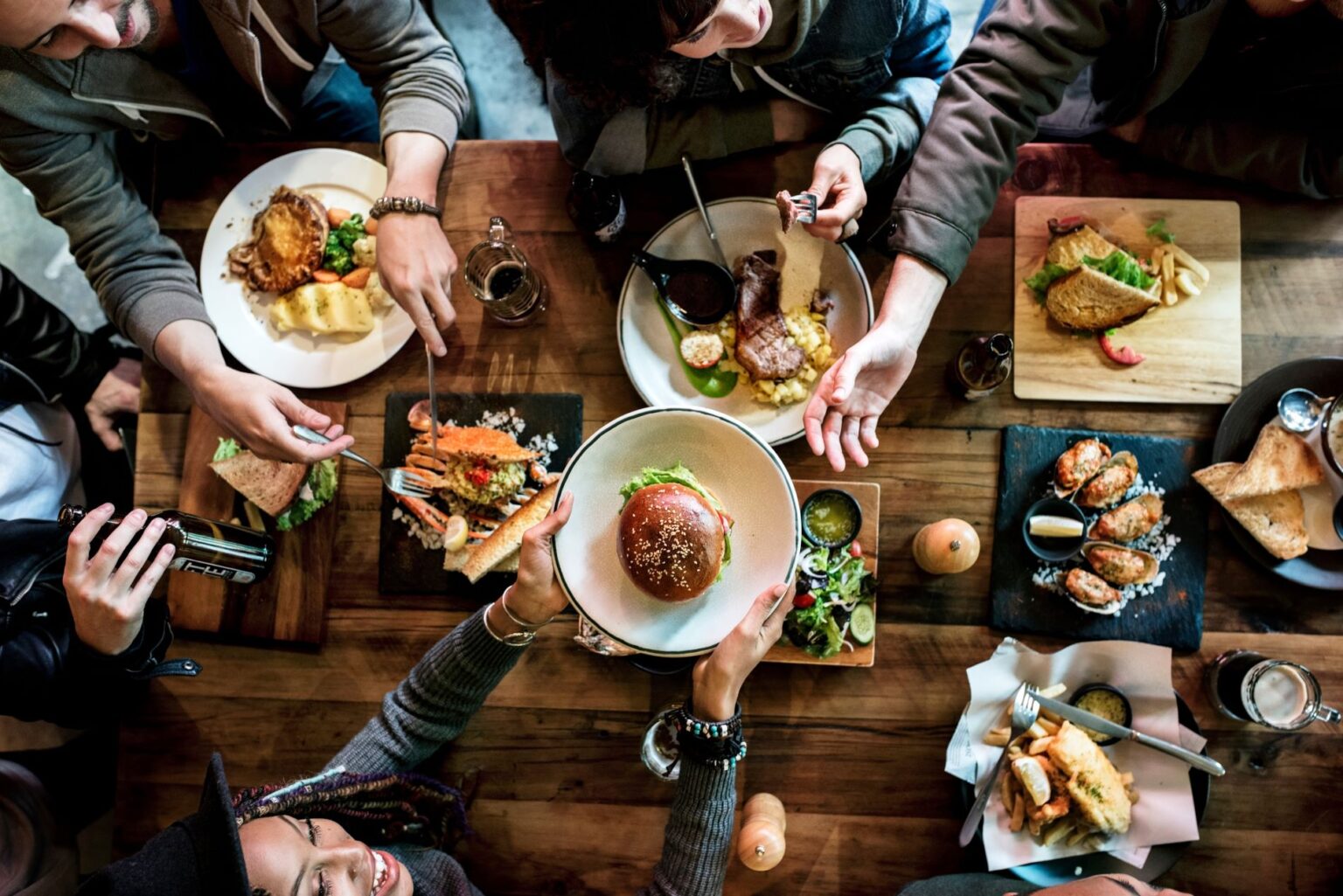Hospitality firms were pessimistic enough about 2025. Now, they can add the rising prices of fresh produce to their list of challenges, as new figures show that food inflation in the UK has risen for the fourth month in a row.
According to the latest shop price data from the British Retail Consortium (BRC), a retail trade association, food ingredient prices rose by 2.8% this month. The surge is reportedly being driven by a surge in the cost of fresh produce, such as steak.
Last week, the Government announced its UK-EU reset deal, which it said will make importing and exporting food products from the EU and Northern Ireland cheaper. However, no official timeline for this commitment has yet been announced.
Rising food costs pile on pressure
The BRC’s monthly shop price index, released this week, shows that the annual rate of food price rises rose by 2.6% in April. Analysis carried out by the research firm NielsenIQ identified the spiralling cost of fresh food items, like meat and dairy products, as the biggest contributor.
“Fresh foods were the main driver, and red meat eaters may have noticed their steak got a little more expensive as wholesale beef prices increased,” Helen Dickinson, the BRC chief executive, said in the BRC report.
Overall, the cost of goods remains in deflation. BRC data shows that non-food items are around 0.1% cheaper than they were a year ago. But the story is less positive for the food service industry.
Ingredient costs will likely hit pubs, bars, and restaurants hardest. Meanwhile, a dramatic rise in water bills and energy costs has also pushed up bill payments, further tightening profit margins.
Last week, Prime Minister Sir Keir Starmer announced the UK had secured a new deal with the EU, aimed at cutting back post-Brexit red tape to cheapen imports and exports and drive down food prices for consumers.
The UK is “holding talks” on the details of this arrangement. Without confirmation of a timeframe, however, and in the face of these new figures, hospitality businesses can take little comfort in the announcement.
Profits or patrons?
For restaurants, steakhouses, and pubs, fresh food is a key part of the menu. When the cost of items such as wholesale beef increase, it raises the purchase cost of ingredients and ultimately, the Cost of Goods Sold or COGS.
COGS refers to the total expenses incurred in the production of goods or services. For hospitality, that means costs like the cost of raw ingredients, packaging, and preparation materials.
Calculating your COGS using accounting software is vital to maintain a profitable and appealing inventory.
When the COGS increases, it directly impacts cash flow, meaning hospitality businesses face a decision. They can absorb the spike themselves, leading to a lower margin. Or, they can rework menus to substitute cheaper ingredients and reduce food waste.
However, with gross profit already low, most choose to either raise menu prices to maintain earnings. This could hurt customer demand, though, particularly as the cost of living is so high.
Higher wages squeezing hospitality budgets
It feels like everything is becoming more expensive in the hospitality sector. As well as the COGS surge, bosses also need to contend with the rising cost of employment, after a hike in employer National Insurance Contributions (NICs) came into force at the start of April.
Restaurants, bars, and pubs tend to have much larger workforces. Combined with the new National Living Wage, they were hit particularly hard by the rise as a result.
While there was a silver lining in the form of a rise in the Employment Allowance discount scheme, this will do little to bolster balance sheets. Many pubs warned they would become unprofitable as a result of the spike.
In a survey of business owners from iwoca — one of Europe’s largest SME lenders – nearly 60% said that they would increase prices for customers to cover this higher NICs burden.
However, with food prices on the up, and business rates relief also heavily scaled back for both retail and hospitality, this strategy may require a pivot. The next option? One fifth of SMEs also told iwoca they’d cut jobs to survive the rise.
As pubs, bars, and restaurants take drastic measures to stay afloat, the pressure is on Whitehall to deliver a comprehensive support package and a clear trade deal. This is urgently needed to help the sector manage rising operating costs created by its policies.


